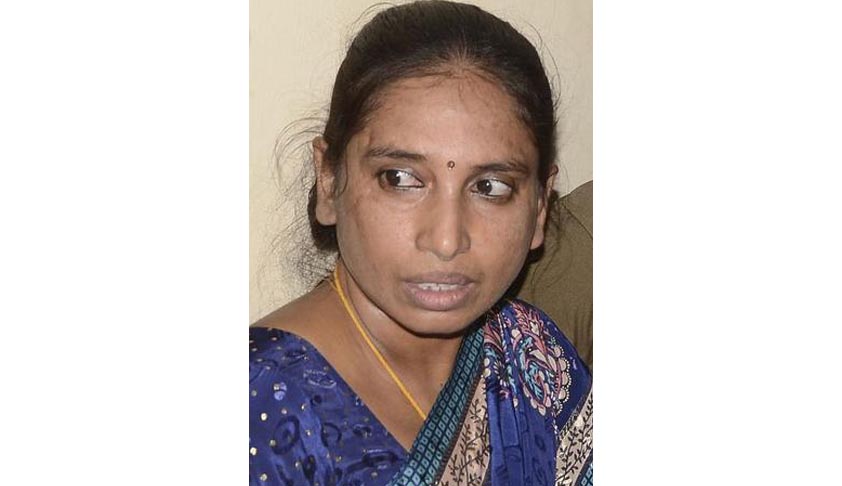After 24 Years of Imprisonment, Nalini again moves Madras HC seeking remission of her sentence
LIVELAW NEWS NETWORK
15 Dec 2015 9:33 AM IST

Next Story
15 Dec 2015 9:33 AM IST
Press Trust of India (PTI) has reported that Nalini Sriharan who is presently undergoing life imprisonment in the Rajiv Gandhi assassination case has again moved the Madras High Court seeking a direction to Tamil Nadu government to consider her representation for remission of her life term as she has already undergone imprisonment for more than 24 years.She was first awarded death sentence,...
